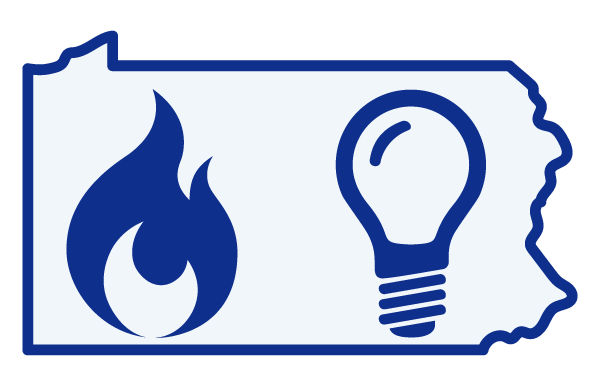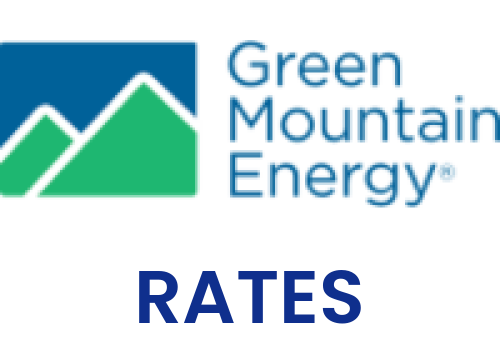Green Mountain Energy Electricity Utility Rates Comparison
We offer Green Mountain Energy Electricity in multiple utilities, select yours below.
Duquesne
- Plan Name
- Price
- MRC
The 'Monthly Recurring Charge' is a fee that the provider will add to each of your bills in addition to the electricity/gas usage charges.
- Term
- Type
What Do Green Mountain Energy Listed Rates Mean?
The 'average rate' you see on your Green Mountain Energy bill and in the advertisements includes several different charges - there are usage based charges, utilities charges, monthly utility fees, monthly administrative fees from the provider, and various other taxes. Becuase some of these costs vary with usage while others do not, the 'average rate' you see on your bill will ironically be higher when your usage is lower. That's because the fixed monthly fees are spread over a smaller number of kWh or ccf.

Compare Green Mountain Energy Rates to Electricity Companies With Similar Rates
Check Availability
What People Are Asking About Rates for Green Mountain Energy
-
What is the cheapest electricity plan that Green Mountain Energy has?
The cheapest Green Mountain Energy plan is Pollution Free Reliable Rate with a rate starting at 14.00¢ per kWh. Customers of Green Mountain Energy can expect their average bill to fall around $140 per month on this plan. This plan's early termination fee is $0. This is a 12 month plan.
More details on this plan can be found on the Pollution Free Reliable Rate plan page.
Green Mountain Energy has 2 more plans with rates starting at 14.10¢ per kWh@1000/kWh and estimated monthly bills starting at $141.-
Where can I order Green Mountain Energy electricity?
You can find 14 plans starting at 17.50¢/kWh on our Green Mountain Energy plans and products page.
Green Mountain Energy has 14 electricity plans in 5 states, 5 plans in Texas, 3 plans in Pennsylvania, and 6 in 3 other states
-
Where can I order Green Mountain Energy natural gas?
You can find 2 plans starting at $0.695/ccf on our Green Mountain Energy plans and products page.
Green Mountain Energy has 2 natural gas plans in 2 states, 1 plan in Illinois, 1 plan in Pennsylvania
-
What do customers think about Green Mountain Energy?
- The average customer review in Pennsylvania is 1.6. The average Green Mountain Energy customer review is 0 / 5 stars. For a different take you can go on over to our company ratings page for Green Mountain Energy
-
What are the cheapest natural gas plans that Green Mountain Energy has?
- Currently, the cheapest natural-gas plans in are:
- Carbon Conscious plan from Green Mountain Energy starting at 0.684¢/ccf
Why Do Green Mountain Energy Electricity Rates Vary Across the State?
That's a great question - why does Electricity pricing change ? There are good reasons for those differences.
As Electricity systems were built out in the early 20th century, different areas built a variety of generating plants, transmission lines, substations, and infrastructure. As a result, some areas of the state may have newer, more efficient plants, and others might have older, less efficient systems that cost more to operate for each unit of electricity they create. Then there are differences in the voltages and capacity of the transmission pipes and lines which cause more variation in the efficiency of the distribution system. Finally, different parts of Pennsylvania have different utilities (the companies responsible for maintaining electrical distribution infrastructure), which each have their own shareholders, costs, and management.
Ultimately, these regional rate variations are not the fault of Green Mountain Energy or any other energy providers and they are certainly not due to anyone trying to cheat or gouge consumers. The decisions the generators and utilities have made over many years as the power grid was constructed have resulted in an environment where it might cost 1-3 cents less to create and transmit Electricity to a home compared to another region. It just depends on the costs that were incurred to create the infrastructure in that area, how densely populated the area is, along with the decisions that were made over decades about what kinds of power plants to build and where to put them.

